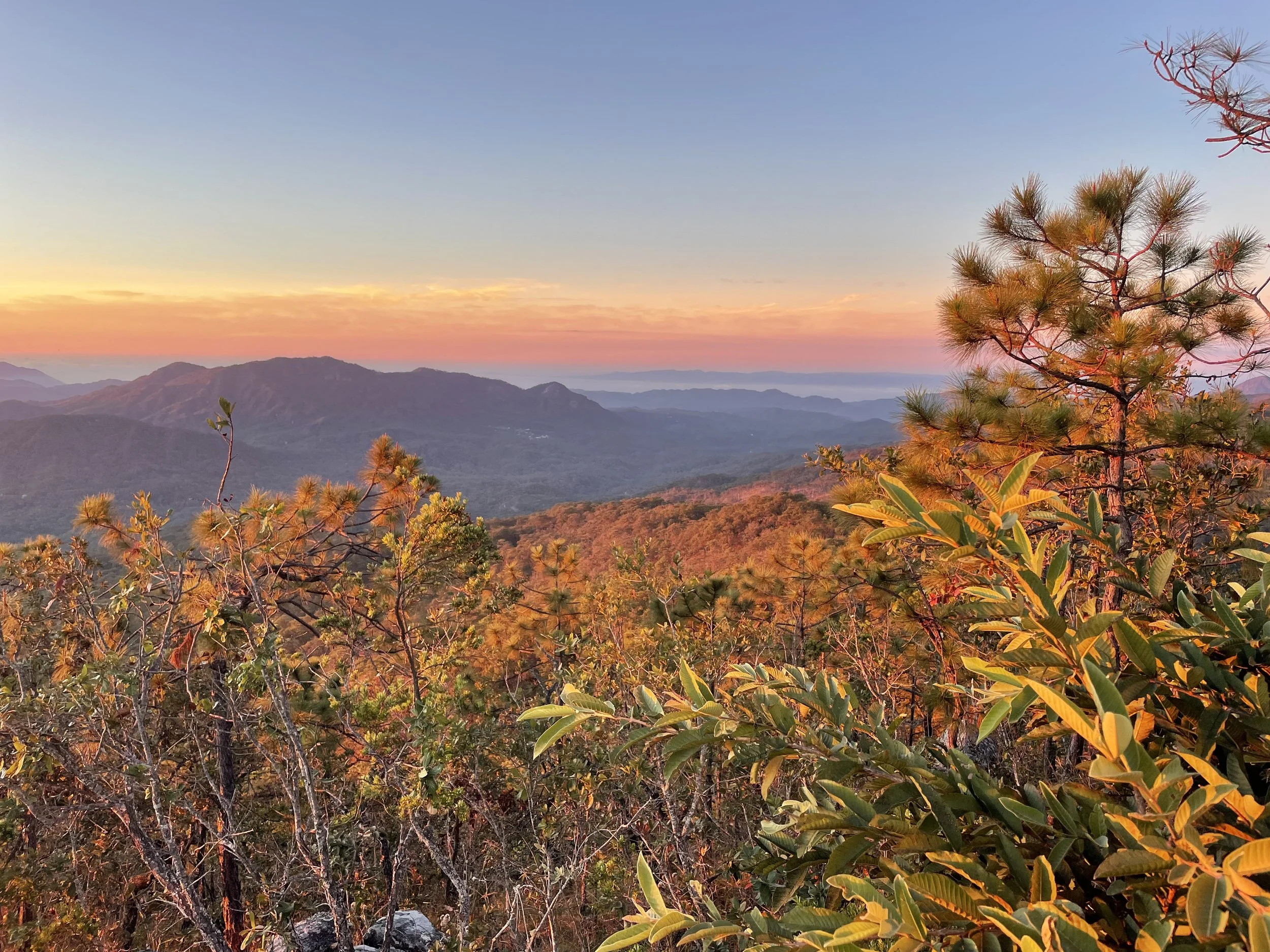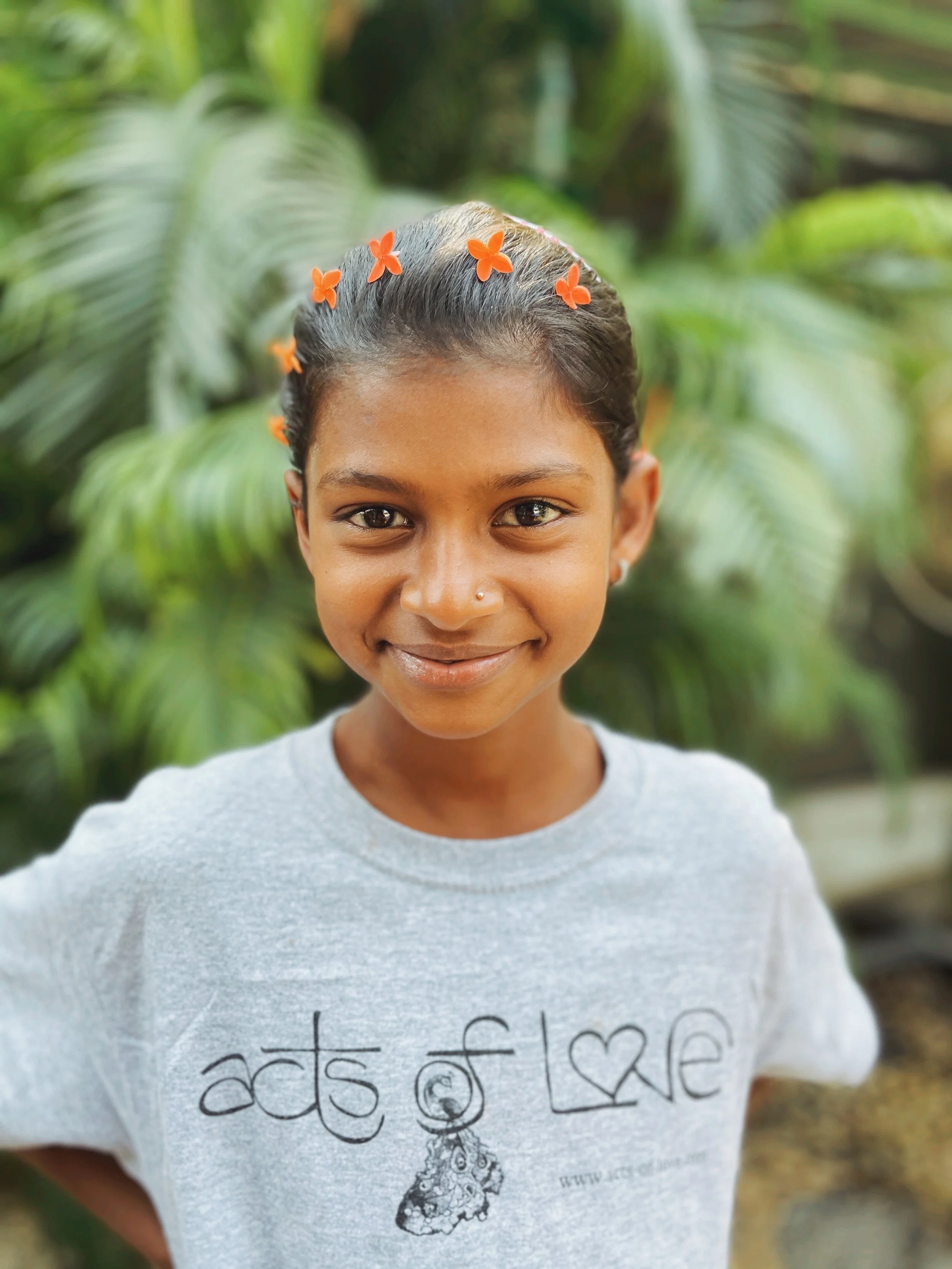On the Way to Somewhere Else
Some places never make it to anyone’s bucket list. They are
merely on the way to some place more special or notorious.
But what happens when you decide to stay in the in-between
places and explore? Here, In Boca do Acre, on my way
elsewhere, I stay a little longer to do just that.
For nearly forty years now, the people of Boca do Acre have been living downstream from a spiritual community that has brought thousands of followers from around the world to its humble doorstep--myself included. Most visitors to the region pass straight through, on the way to somewhere else. I decided to stay for a few days and explore.
This seemingly unremarkable town in the Brazilian Amazon is a full day’s canoe ride away from Céu do Mapiá, a village established by practitioners of the Santo Daime. This Christian-based church incorporates Ayahuasca’s ritualistic use, a psychoactive tea prepared with leaves and vines from the rainforest and consumed by Indigenous Peoples of the Amazon for centuries. As the Daime grew and spread to major cities worldwide, its faraway church members began to travel to this region of Brazil to experience its birthplace. For most of us continuing onwards to Mapiá, Boca do Acre merely represented the last place to stock up on supplies before following the snake-like river further into the mysteries of the surrounding jungle.
The nucleus of Boca is essentially a waterfront strip with a hardware store, a fish market, and a supermarket. During the day, the dusty red roads are mostly deserted except for the occasional child on a bicycle or a parked truck selling fruit. Dawn and dusk, however, are an entirely different picture. The confluence of the Purus and Acre Rivers glimmer with possibility as men of all ages scurry up and down the muddy river embankments carrying everything from giant bags of vegetables to large electronics. The air thickens with the racket of running motors and canoes being loaded and unloaded with fish, coca-cola, and petrol. Boca’s bustling waterway adds to the sense that it is a busy transit hub, dedicated to preparing travellers for some more exciting place.
I had successfully navigated multiple taxi rides all day to arrive in Boca with little information about where to stay or how to arrange my onward transport. It was just the day before I had crossed the border from Peru to Brazil and I still felt slightly disoriented at the new language and culture. After sundown and with a great deal of mental exhaustion, I arrived at Hotel de São Pedro, where one foul-smelling room was available. I figured I’d be in and out of town quickly, so I agreed to take it.
However, when I awoke the next morning, a wave of anxiety about my onward journey swept over me. Suddenly, everything felt so difficult. I opted to rest in Boca while I gathered my forces.
Ana and Ilton, the owners of Hotel de São Pedro, were the kind of people every weary traveller hopes they will meet on their journey; what their guesthouse lacked in charm, it made up for in my sense of welcome. On the first morning of my arrival in Boca, Ana invited me to accompany her on her shopping rounds. I followed her around town like a new puppy as she exchanged the daily gossip with her friends and inquired with canoe porters about a way for me to get to Mapiá. Ana’s husband Ilton, on the other hand, was a homebody. He preferred to work in the kitchen with his eldest daughter Sabrina, processing açai berries into a puree that the family sold frozen in large plastic bags. My first night in their company Ilton sat me down at a table in the hotel’s dining hall and proudly served me a cup of fresh açai juice; his entire family watched my reaction as I gulped it down. He was undoubtedly the family comedian and often belted out old Brazilian love songs at his highest pitch and slightly out of tune, always to his daughters’ exaggerated eye-rolls.
Sabrina brought me along to drop her son off at school one afternoon, and then we drove to the outskirts of Boca to a residential street where the houses were on stilts and painted the colour of candy-floss. Sabrina’s sister Marianna walked with me through the streets of Boca one afternoon, recounting how her boyfriend had recently left her. And then there was Julia, the elderly neighbour whose loneliness was evidenced by her knocking on my door and letting herself in to chat one evening. She didn’t seem to mind or possibly even know that I didn’t understand much of what she said. It seemed as though the guesthouse was a place where I was made to feel like family despite all of the coming and going. One evening, friends of the family visited from out of town, and we all stayed up late together drinking and eating homemade sweets.
Between our daytime trips and nighttime dinners, I had become a small part of this family’s tiny universe on the shores of the Purus River; they became my safety net.
However, as is required of all pilgrimages, I knew I’d have to leave the comfort I had found for the challenges that lay ahead; I had waited seven years and crossed thousands of miles to visit a community now only an eight-hour canoe ride away.
Ana helped me secure passage to Mapiá, and I bought as many supplies as I could reasonably carry. I felt an ache to say goodbye to these people who had begun to feel like family. That morning I ate my breakfast with a knot in my stomach that only eased when Ana offered to walk me to the waterfront to see me off. I wore my heavy backpack, and together we each carried a large bag of my supplies through a light drizzle that made me wish I could just crawl back into bed. Ana found my canoe driver amidst the morning frenzy and confirmed my trip before hugging me and returning home. Beneath the awning of a tin roof, I sat and watched the circus of morning activity unfold before me.
A local porter named Antonio approached with an offer to carry my bags down the steep embankment when my canoe was ready to depart. Usually, I did my best to avoid touts, but given the treacherous-looking hill, I was happy to accept this man’s help; plus, Antonio’s expression had a warmth and kindness to it that felt comforting. When I took his service, he sat down next to me on the wooden bench and struck up a conversation. As he asked me about my forthcoming journey, my eyes followed the deep scar across his left temple until it ended at the corner of his eye; his cheeks were pock-marked, and the holes of his ears were stretched. I noticed another long gash across his left arm, and the skin had deformed in its attempt to fuse itself back together. Antonio looked close in age to me but had clearly lived a very different life. I used my Portuguese pocketbook to converse with him; I was also curious if he had ever visited Mapiá himself. Antonio waved his tattooed arms in front of me with a dramatized look of astonishment on his face.
“No, no. I haven’t been, but I have seen so many people come back from there completely changed,” he said.
For a man who lived so close to Mapiá, I found it ironic that he had never made the day trip to see what so many faraway visitors passed through his town for. When it was finally time for my canoe to leave, Antonio gave me his hand to descend the slippery slopes to the shoreline. Down at eye level with the river, the surrounding jungle seemed as if it could swallow me whole. Antonio climbed into the boat and secured a safe place for my luggage before I boarded. I contemplated what would constitute an appropriate farewell to him, but before I had time to consider it for too long, he reached his arms toward me in an embrace.
As the canoe gained speed upon the river, the haphazard rows of homes disappeared into the distance, and the landscape abruptly transformed into the mysterious and majestic forest that was home to the Santo Daime. In roughly four hours, we’d turn onto the headwaters of the Igarapé where the waterway would narrow, and the chorus of insect song would serenade us all the way to Mapiá. The farther we travelled from civilization, the more the jungle drew me into its mysterious cloak. I tried to imagine what it would be like to return to Boca after drinking powerful medicines for the next several weeks.
The town would undoubtedly see many more visitors like myself come and go with little difference. Still, my stay in Boca had taught me a valuable lesson: The real gift of pilgrimage is not just arriving at the place we set out for but also meeting the angels that safeguard us along the way.



















































